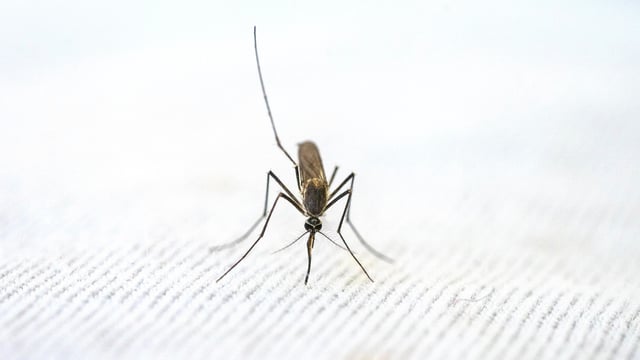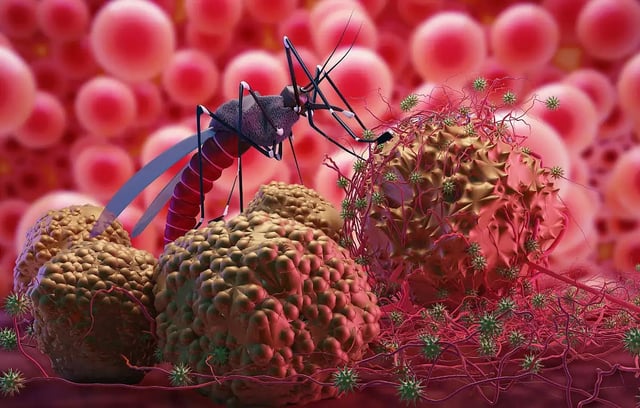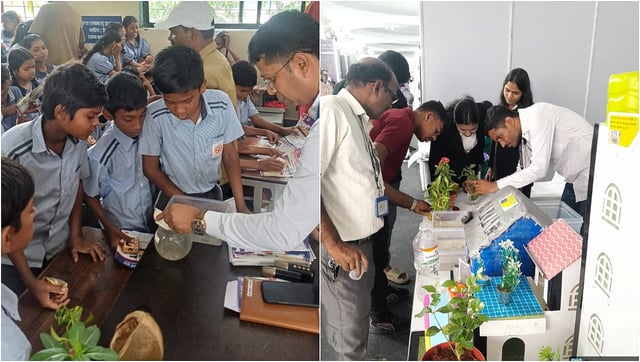Overview
- The U.S. withdrawal of funding for malaria programs, including the President's Malaria Initiative, has halted indoor spraying in Kenya and delayed net distribution and seasonal chemoprevention campaigns across Africa.
- WHO's 2025 World Malaria Day theme, 'Malaria Ends With Us: Reinvest, Reimagine, Reignite,' calls for increased domestic and international investment to sustain progress and prevent resurgence.
- Two WHO-endorsed malaria vaccines, RTS,S and R21, are being deployed in 20 African countries, with expanded use of next-generation insecticide-treated nets showing promise in reducing disease burden.
- Africa continues to bear 95% of global malaria deaths, with fragile health systems, climate change, and insecticide resistance compounding the challenges of eliminating the disease.
- India and Cambodia have made significant progress, with India exiting WHO's high-burden category in 2024 and Cambodia nearing malaria-free status, reporting zero deaths since 2018.



